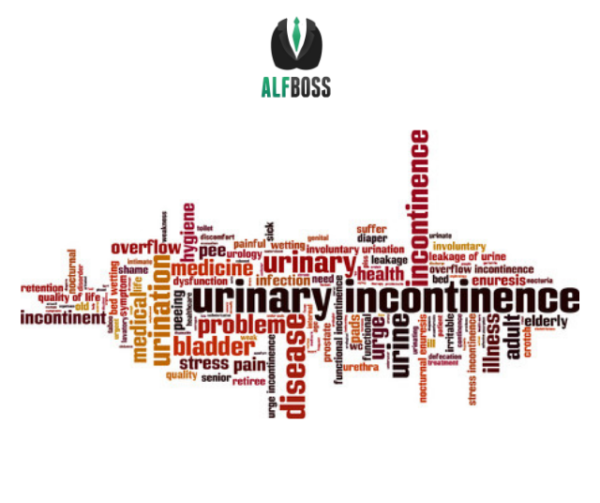
Managing an incontinent resident can be one of the more difficult tasks for the team in an assisted living facility. Think about it- every person needs to urinate at different times. What do you do when you have three care aides and 5 residents who need help with relieving themselves at the same time? The regulation below, provided by CCLD, will give you and your team guidance for assisting those residents who are incontinent:
87625 MANAGED INCONTINENCE
(a) The licensee shall be permitted to accept or retain a resident who has a manageable bowel and/or bladder incontinence condition under the following circumstances:
(1) The condition can be managed with any of the following:
(A) Self-care by the resident.
(B) A structured bowel and/or bladder retraining program to assist the resident in restoring a normal pattern of continence.
(C) A program of scheduled toileting at regular intervals.
(D) The use of incontinent care products.
(b) In addition to Section 87611, General Requirements for Allowable Health Conditions, the licensee shall be responsible for the following:
(1) Ensuring that residents who can benefit from scheduled toileting are assisted or reminded to go to the bathroom at regular intervals rather than being diapered.
(2) Ensuring that incontinent residents are checked during those periods of time when they are known to be incontinent, including during the night.
(3) Ensuring that incontinent residents are kept clean and dry and that the facility remains free of odors from incontinence.
(4) Ensuring that bowel and/or bladder programs are designed by an appropriately skilled professional with training and experience in the care of elderly persons with bowel and/or bladder dysfunction and development of retraining programs for restoration of normal patterns of continence.
(5) Ensuring that the appropriately skilled professional developing the bowel and/or bladder program provides training to facility staff responsible for the implementation of the program.
(6) Ensuring that re-assessment of the resident’s condition and the evaluation of the effectiveness of the bowel and/or bladder program be performed by an appropriately skilled professional.
(7) Ensuring that the condition of the skin exposed to urine and stool is evaluated regularly to ensure that skin breakdown is not occurring.
(8) Privacy shall be afforded when care is provided.
(9) Ensuring that fluids are not withheld to control incontinence.
(10) Ensuring that an incontinent resident is not catheterized to control incontinence for the convenience of the licensee.
Pro tip:
- Work with residents to determine an appropriate schedule for when they may need assistance with using the restroom.
- If you use call buttons in your community, ensure you have a solid system in place for responding in an appropriate amount of time for unscheduled assistance with incontinence.